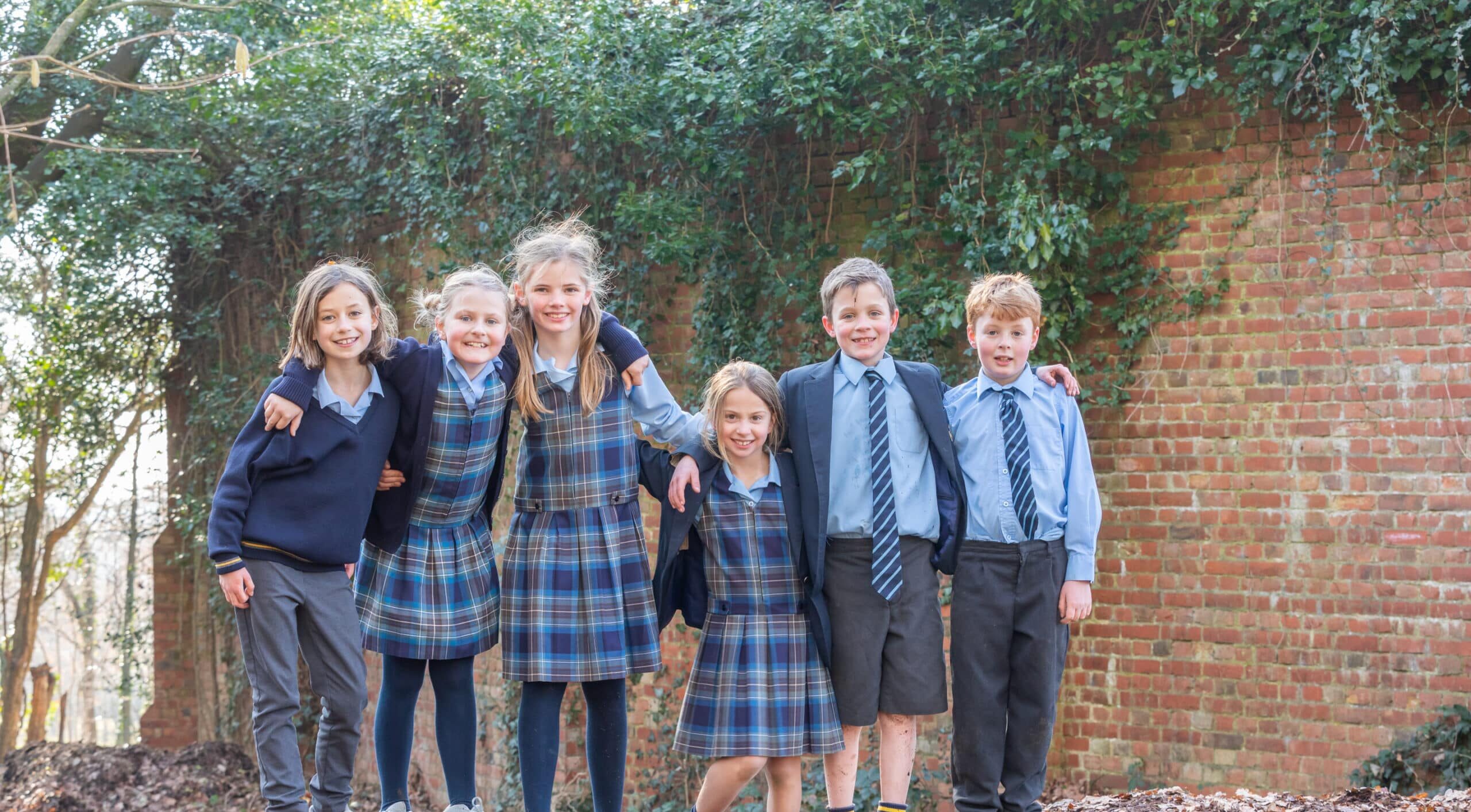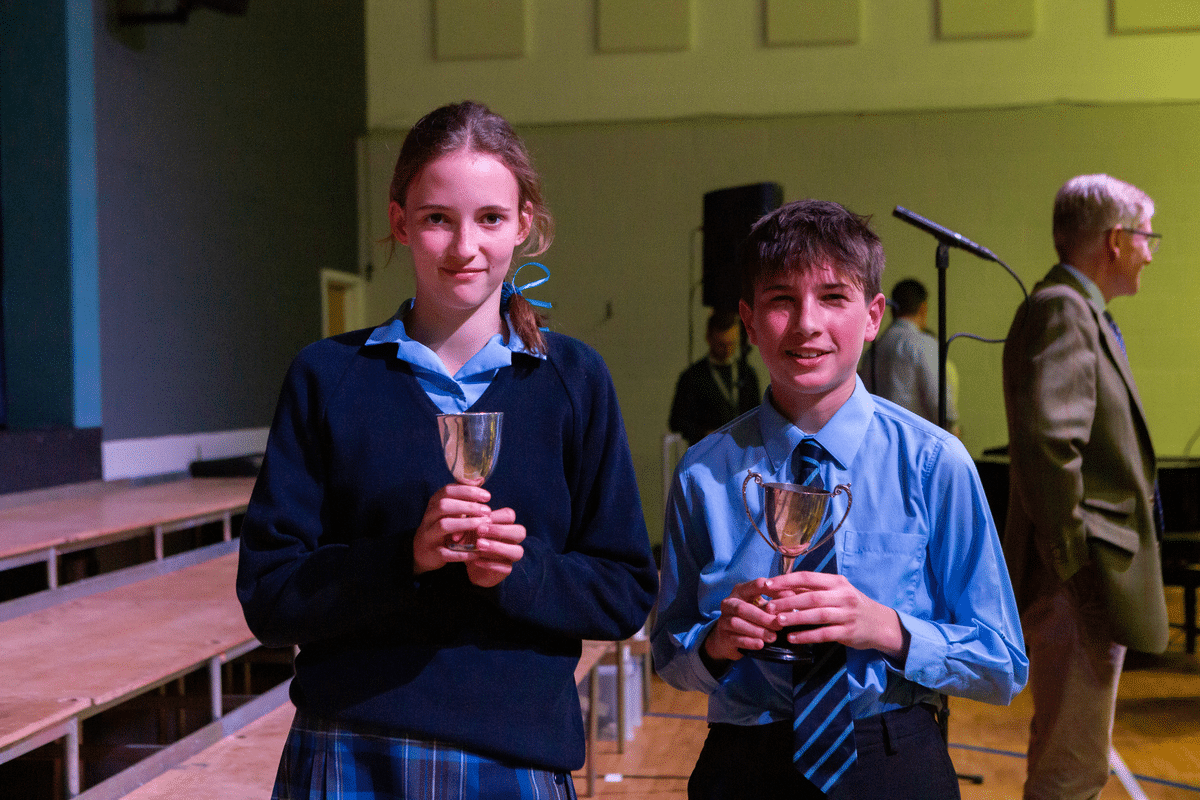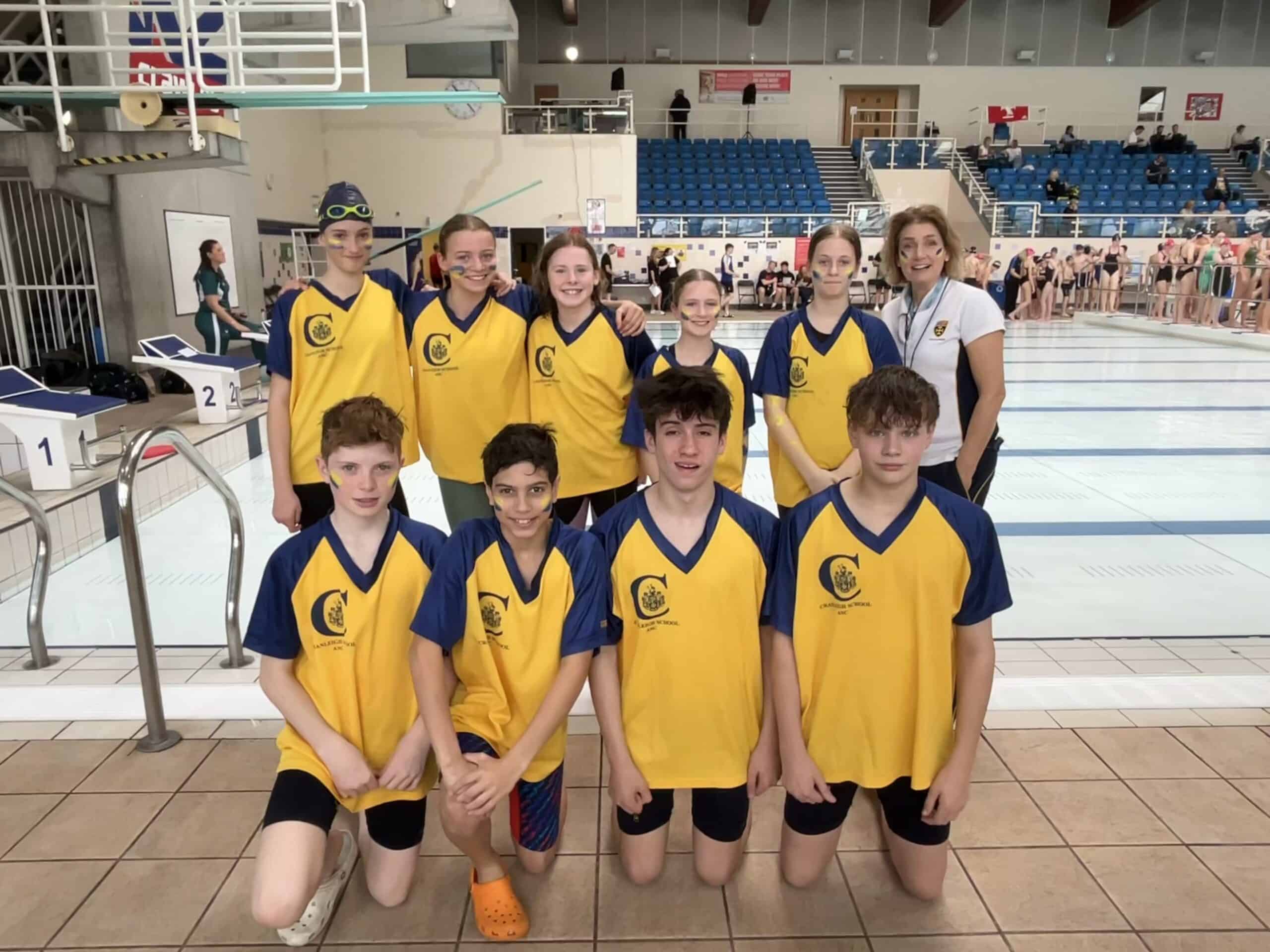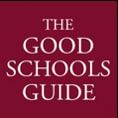at the Yvonne Arnaud Theatre.
The play, which was set during the First World War in the Belgian town of Ypres (mis-pronounced Wipers by British soldiers), told the true story of two officers who discovered a printing press and created a newspaper for the troops. Far from being a sombre journal about life in the trenches, they produced a resolutely cheerful and very funny newspaper designed to lift the spirits of the men on the front line. Defying enemy bombardment, gas attacks and the disapproval of many of the ‘Top Brass,’ The Wipers Times rolled off the press for two years and was an extraordinary tribute to the resilience of the human spirit in the face of overwhelming adversity. It seemed apt, therefore, that this play, about an extraordinary satirical publication, was co-adapted for the stage by Ian Hislop, editor of Private Eye.
Prior to the trip, Mr Batchelor kindly held a short talk about The Wipers Times, which helped the children to contextualise the play. He introduced us to ‘whizzbangs’ and ‘Hell Fire Corner,’ both of which were referred to in the play. He also shared excerpts from the newspapers, including an advert about optimism (see below), which the children particularly enjoyed seeing acted out:

The play was excellent – a thoughtful balance between the humour created in the newspaper and the sombre reflection of the futility and terror of war. The children were spell-bound from the moment the curtains opened; they appreciated seeing the public-school camaraderie being so accurately portrayed.
 The average age of the audience was older than we have seen on our Theatre Club trips and, to be fair, our young school party looked a little out of place. However, the staff at the Yvonne Arnaud Theatre were extremely accommodating, particularly in delaying the start of the play as one child had a desperate need to visit the facilities!
The average age of the audience was older than we have seen on our Theatre Club trips and, to be fair, our young school party looked a little out of place. However, the staff at the Yvonne Arnaud Theatre were extremely accommodating, particularly in delaying the start of the play as one child had a desperate need to visit the facilities!
I think our visit was summed up, however, by a conversation that Mrs Schutte had with an older lady who approached our school party at the end of the evening. Her father had fought at Ypres and she had been emotionally moved by the play. She thanked us for bringing the children; for helping them to understand the importance of laughter in tough times and the sacrifice made by others. She thought every school in the country ought to bring their children to see this powerful, yet witty, drama and I, for one, agree.
Many thanks to Mrs Schutte, Mr French and Mrs Manning for taking the children on this Theatre Club trip.









